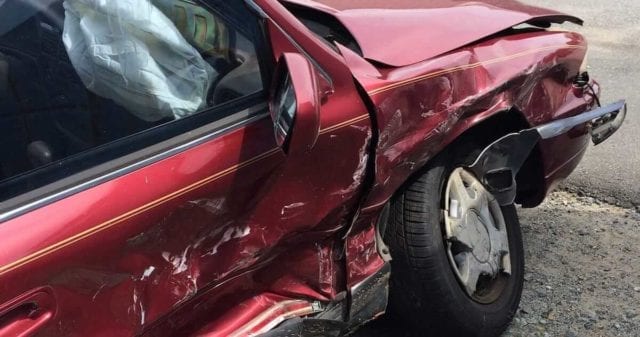The day job is okay, but it’s not your dream. Your dream is to sit on the beach and take calls or maybe create art in your home office all day. Until then, you’ve got the side hustle. It earns extra money and gives you a goal to work for – whether it’s extra cash or a new career.
Have you also imagined the day you get into an accident with a customer in the car? Or your advice to a client is wrong and they lose serious money? It might be a side hustle to you, but the work you’re doing is still a business, and when things go wrong, you could be liable for damages, legal fees, and lawsuit settlements.
If you’ve got any of these side hustles going on, you’re going to need special insurance.
RIDESHARE
Whether you’re driving for Uber, Lyft, or some other ridesharing company, the last thing you want this side hustle to do is cost you more money than you’re making. One bad accident and you could lose everything – if you don’t have the right insurance. Make sure your personal auto insurance is the right kind for your ridesharing side hustle and covers you while you’re working and when you’re not.
FREELANCE
Whether you’re a writer, a developer, or some other professional, working at the kitchen table at night doesn’t mean your standard insurance like home or renter’s covers you. By offering a professional service or advice to others, you need professional liability insurance, also called errors and omissions insurance, in case your work causes the client to lose money or face their own legal problems.
CONTRACT GIGS
You’re not a freelancer in the typical sense. You don’t have regular clients but you do take a gig from time to time – making an infographic, editing video, producing music, whatever works. Don’t think you need insurance? Think again. You can get sued for your work just as quickly as a freelancer can. At the very least, get professional liability coverage.
ECOMMERCE
You’re making money while you sleep thanks to the t-shirts, mugs, and or digital downloads you’re selling on your website. All you have to do is come up with an idea and put it online. You rarely interact with people, and you don’t regularly deal with clients – at least not in the traditional sense. You don’t need business insurance, right? Wrong. Because you’re taking personal information and credit card numbers, you absolutely need a cyber liability insurance policy. This will help your customers and your business if your site is hacked and information stolen, especially if an angry customer decides to sue.
Most people think of their side hustle as something to help pay the bills until it becomes the full-time gig. No matter how small it is, you’re still acting as a business, and need the right insurance to cover you in case someone decides to sue or you get into serious trouble. Don’t rely on your personal insurance to take care of everything. Most of the time, it won’t.
Got a side hustle and need special insurance? Contact us at Charlotte Insurance. We can help you decide which protection works best for your gig and help you find the best coverage at the right price.





